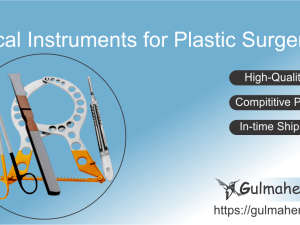Dermatology instruments are specialized tools used by dermatologists and skin care professionals to diagnose, treat, and manage various skin conditions. Here are some common dermatology instruments:
Dermatoscope: A handheld device equipped with magnification and light sources, used to examine skin lesions more closely. It helps in identifying features not visible to the naked eye, aiding in the diagnosis of skin conditions such as melanoma.
Biopsy Punch: A small, circular blade used to remove a sample of tissue for diagnostic purposes. Different sizes are available depending on the size of the lesion being sampled.
Cryotherapy Apparatus: Utilized for cryotherapy, which involves freezing abnormal skin tissue using liquid nitrogen. This technique is commonly used to remove warts, precancerous skin lesions, and other benign growths.
Electrosurgical Unit (ESU): Used for procedures such as electrosurgery, electrodessication, and electrocautery. It utilizes high-frequency electrical currents to cut, coagulate, or destroy tissue. It's commonly used for procedures like removing skin tags or moles.
Wood's Lamp: A handheld ultraviolet (UV) light used to diagnose fungal infections, pigmentation disorders, and other skin conditions. It helps identify certain substances that fluoresce under UV light.
Skin Biopsy Forceps: These forceps are used to grasp and remove small pieces of skin tissue for biopsy.
Surgical Scissors and Scalpels: Essential for precise cutting during surgical procedures like skin biopsies and excisions.
Suture and Staple Removers: Instruments used to remove sutures or staples after a surgical procedure has healed.
Microdermabrasion Machine: Used for exfoliating the skin by spraying tiny crystals to remove the outer layer of dead skin cells. It's used for treating various skin conditions and improving skin texture.
Laser Devices: Dermatologists use various laser devices for procedures such as hair removal, tattoo removal, skin resurfacing, and treating vascular lesions.
Phototherapy Units: Devices used to administer light therapy for conditions such as psoriasis, vitiligo, and eczema.
These instruments are vital for dermatologists to accurately diagnose and treat a wide range of skin conditions, helping patients maintain healthy skin.

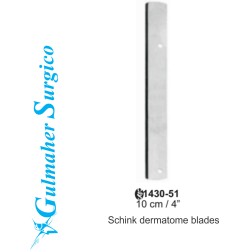
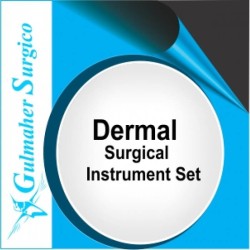
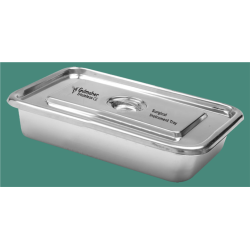
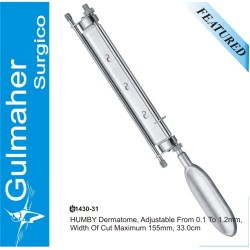
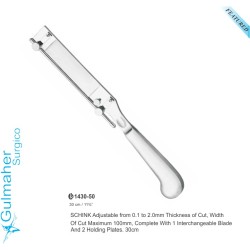
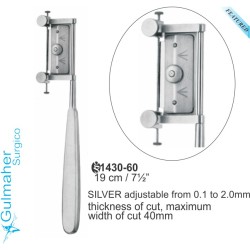
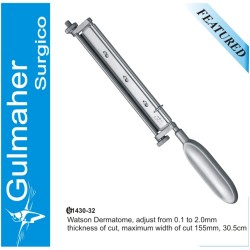
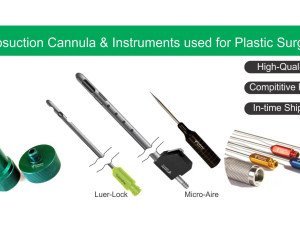
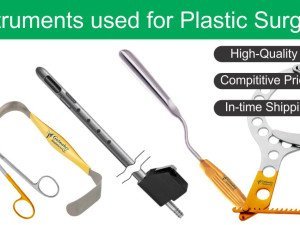
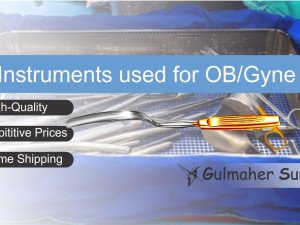
-300x225h.png)
